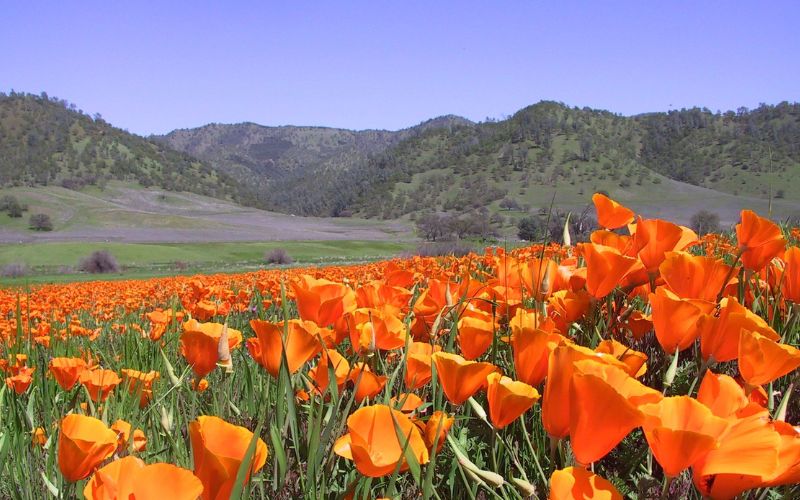
- Details
- By Native News Online Staff
A Presidential proclamation, issued on May 2nd, advances co-stewardship of the Monument, renames the “Walker Ridge” parcel to “Molok Luyuk,” and adds more than 13,000 acres of federal public land to the previously designated Monument to safeguard generations of tribal origin stories and protect wildlife corridors and rich biodiversity in the region.
“Molok Luyuk has been stewarded for thousands of years by the Wintun Nations,” Bureau of Land Management Director Tracy Stone-Manning said at the ceremony. “This co-stewardship agreement will strengthen the management of this portion of Berryessa Snow Mountain National Monument for generations to come, enhancing our ability to protect natural and cultural resources and to educate visitors to the monument.”
Last October, Senator and Representatives Thompson and John Garamendi (D-Calif.-08) led a letter to President Biden and Interior Department Secretary Deb Haaland urging the Administration to use its authority under the Antiquities Act of 1906 to expand the Monument and support co-stewardship opportunities at Molok Luyuk.
Senator Padilla and Representatives Thompson and Garamendi previously introduced legislation to expand the Monument to include adjacent Bureau of Land Management-administered public lands. The bill successfully advanced through the Senate Energy and Natural Resources Committee with unanimous support in the 117th and 118th Congresses but ultimately did not make it to the Senate floor. Padilla also testified in support of the legislation.
“We are profoundly grateful for this commitment to protect tribal cultural resources and the environment," Yocha Dehe Tribal Chairman Anthony Roberts said. "All the support we received to expand the Berryessa Snow Mountain National Monument and include Molok Luyuk, especially from U.S. Senator Padilla, Congressman Thompson, Congressman Garamendi, and environmental organizations — their care and commitment to tribal lands has ensured a better world for generations to come. We look forward to additional opportunities to partner in our ancestral lands."
More Stories Like This
Gwich'in Tribal Governments Submit Comments Challenging Fish and Wildlife Service's Inadequate Environmental Review of Arctic Refuge Snow RoadRappahannock Tribe Challenges 9M-Gallon Water Plan
Feds release draft long-term plans for Colorado River management
Apache Leader Walks 60 Miles to Court Hearing That Will Decide Fate of Sacred Oak Flat
Rappahannock Tribe Raises Sovereignty and Environmental Concerns Over Caroline County Water Permit
Help us defend tribal sovereignty.
At Native News Online, our mission is rooted in telling the stories that strengthen sovereignty and uplift Indigenous voices — not just at year’s end, but every single day.
Because of your generosity last year, we were able to keep our reporters on the ground in tribal communities, at national gatherings and in the halls of Congress — covering the issues that matter most to Indian Country: sovereignty, culture, education, health and economic opportunity.
That support sustained us through a tough year in 2025. Now, as we look to the year ahead, we need your help right now to ensure warrior journalism remains strong — reporting that defends tribal sovereignty, amplifies Native truth, and holds power accountable.
 The stakes couldn't be higher. Your support keeps Native voices heard, Native stories told and Native sovereignty defended.
The stakes couldn't be higher. Your support keeps Native voices heard, Native stories told and Native sovereignty defended.
Stand with Warrior Journalism today.
Levi Rickert (Potawatomi), Editor & Publisher


